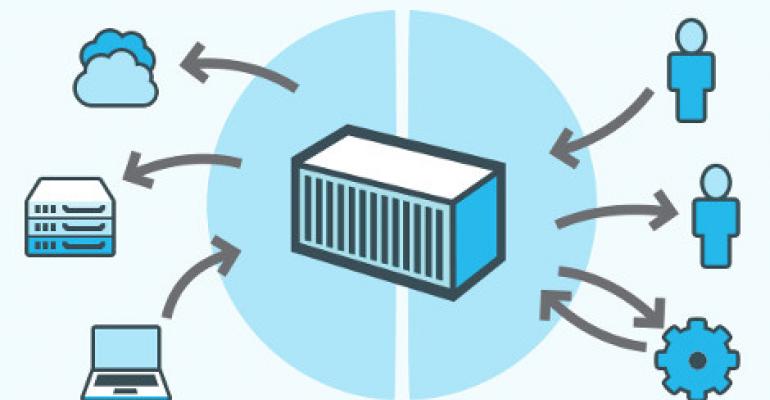CloudBees announced general availability of an offering that combines CloudBees Jenkins Enterprise and CloudBees Jenkins Operations Center into a single platform and adds support for six different Docker plug-ins that serve to extend the reach of Jenkins into the realm of containers.
CloudBees is best known for its Platform-as-a-Service offering, which market research firm Gartner included in its 2014 Magic Quadrant as one of the leaders. But the company has gotten out of the PaaS business, now focusing on application development lifecycle solutions, according to Gartner.
There is heavy competition in this market too. Salesforce and Microsoft are leading the pack, according to Gartner, with Google, IBM, Red Hat, and SAP among companies with strong offerings in the space.
As usage of Docker containers grows, IT teams need tools for managing Dockerized application builds, CloudBees CEO Sacha Labourey said.
Labourey credits Docker with helping to better define the demarcation line between functions that need to be managed by developers and tasks that need to be handled by IT operations teams. The two groups are still highly interdependent, but Docker containers make it simpler for IT ops teams to give developers self-service IT while increasing server utilization.
Adding support for Docker containers to the CloudBees platform makes it simpler to specify Docker images within the context of a Jenkins pipeline. Jenkins is a popular open source continuous integration tool.
“Having support for Docker containers is now critical,” Labourey said.” There’s a lot of momentum behind Docker.”
While Docker containers have yet to be deployed widely in production, when it comes to application development and testing environments, Docker usage is already fairly widespread, according to Labourey.
As a platform that has been implemented over 100,000 times, Jenkins is designed to fundamentally simplify management of application builds. Labourey noted that Docker containers are now serving to increase the rate at which those application builds are being created.
Specific Docker plug-ins created by CloudBees include Docker Workflow, Build and Publish, Docker Hub Notification, Docker Traceability, Docker Custom Build Environment, and the ability to use Docker to standardize the way application builds are created within a Jenkins pipeline.
To help simplify the management of that process CloudBees is now available in two forms. A Team Edition is designed to make continuous integration available to smaller groups of developers and IT operations teams, while an Enterprise Edition enables Jenkins to be deployed at scale.
Naturally, not every application build in the future is going to be created in a Docker container, so IT operations teams will have to manage those builds in a heterogeneous manner for years to come. At the same time, it’s clear that Docker containers as a mechanism for delivering those builds is here to stay.





